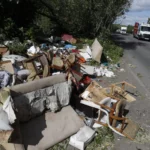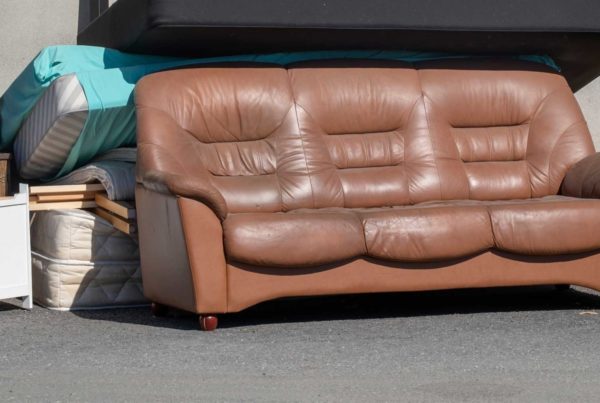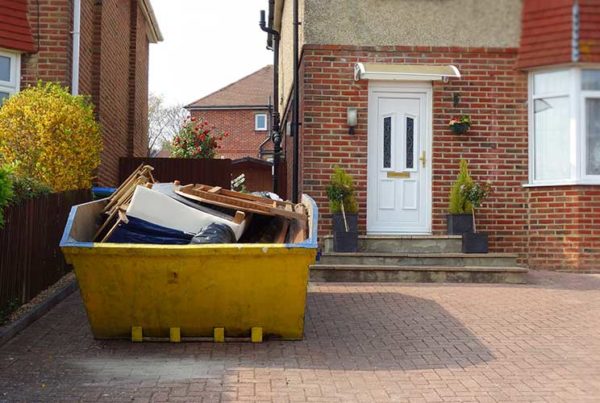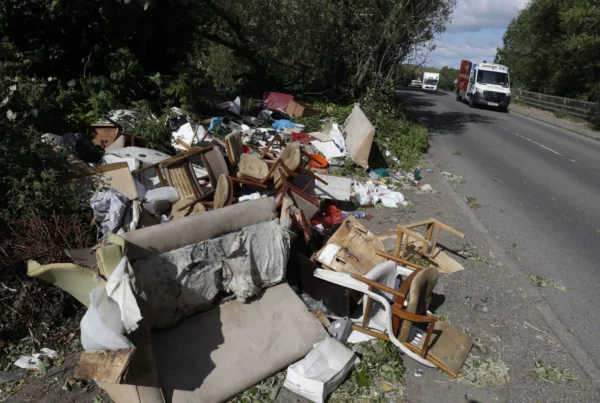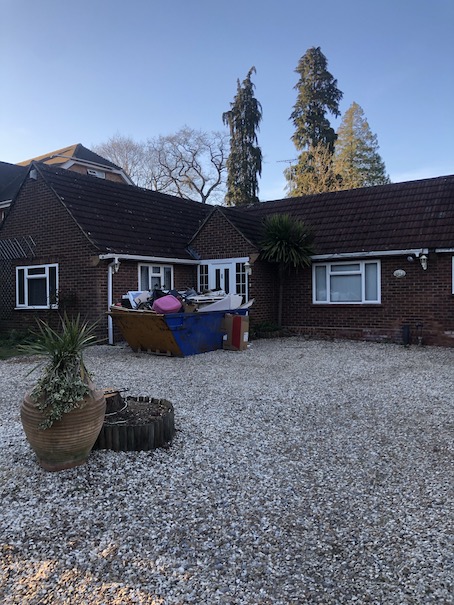
We are all well aware of the importance of living more sustainably but when we consider the amount of waste we throw away, there is certainly a lot of potential when it comes to discovering alternative sources of energy.
The Environmental Services Association is now looking at the way in which energy can be derived from waste as a way of providing homes and businesses with low-carbon energy and heating.
Waste Disposal – We All Do It
Whether it’s dropping waste into a public bin or hiring a skip to clear out a garden or garage, we all dispose of waste in some way. However, the aim is to take waste that is destined from landfill and then use this to create sustainable energy.
Of course, at Reliable Skip, the waste that you dispose of is recycled as much as possible but as we all know, not all waste can be recycled. This is known as residual waste and this is where energy can be generated because it has a lot of potential to make a difference in how we generate energy in the UK.
This waste is burnt to generate heat and that creates steam that is then used to operate a turbine and it is from here that we get electrical energy.
As of 2021, there were 55 plants in the UK that generate energy from waste and they all have the potential to burn as much as 14 million tonnes of waste every year. There is still a long way to go when it comes to replacing fossil fuels as a source of generating energy but the progress that is being made cannot be ignored.
In 2020, these plants generated 7.762 GWH of power although much of this energy was exported when it could be used within the UK. The reality is that the UK has a lot of work to do when it comes to finding an alternative source of energy that can help to power homes throughout the country. With targets in place, it’s really important that we now consider new ways of generating heat and burning residual waste is one option.
The hope is that by 2030, low-carbon networks will have the scope to provide heat and hot water to more than 1.5 million households throughout the UK as well as commercial properties which is a step in the right direction. As it currently stands, this source of energy only contributes to 3% of energy production in the UK and the goal is to increase this to 18% by 2050, especially if the UK is to hit its target of being net-zero by 2050.
The current energy crisis has highlighted the problem that we face in the UK but this is where waste could prove to be a solution. So, the next time you hire a skip, just think about how much of the waste you dispose of could be used to generate energy for homes and businesses across the UK because it’s more than you might realise.


